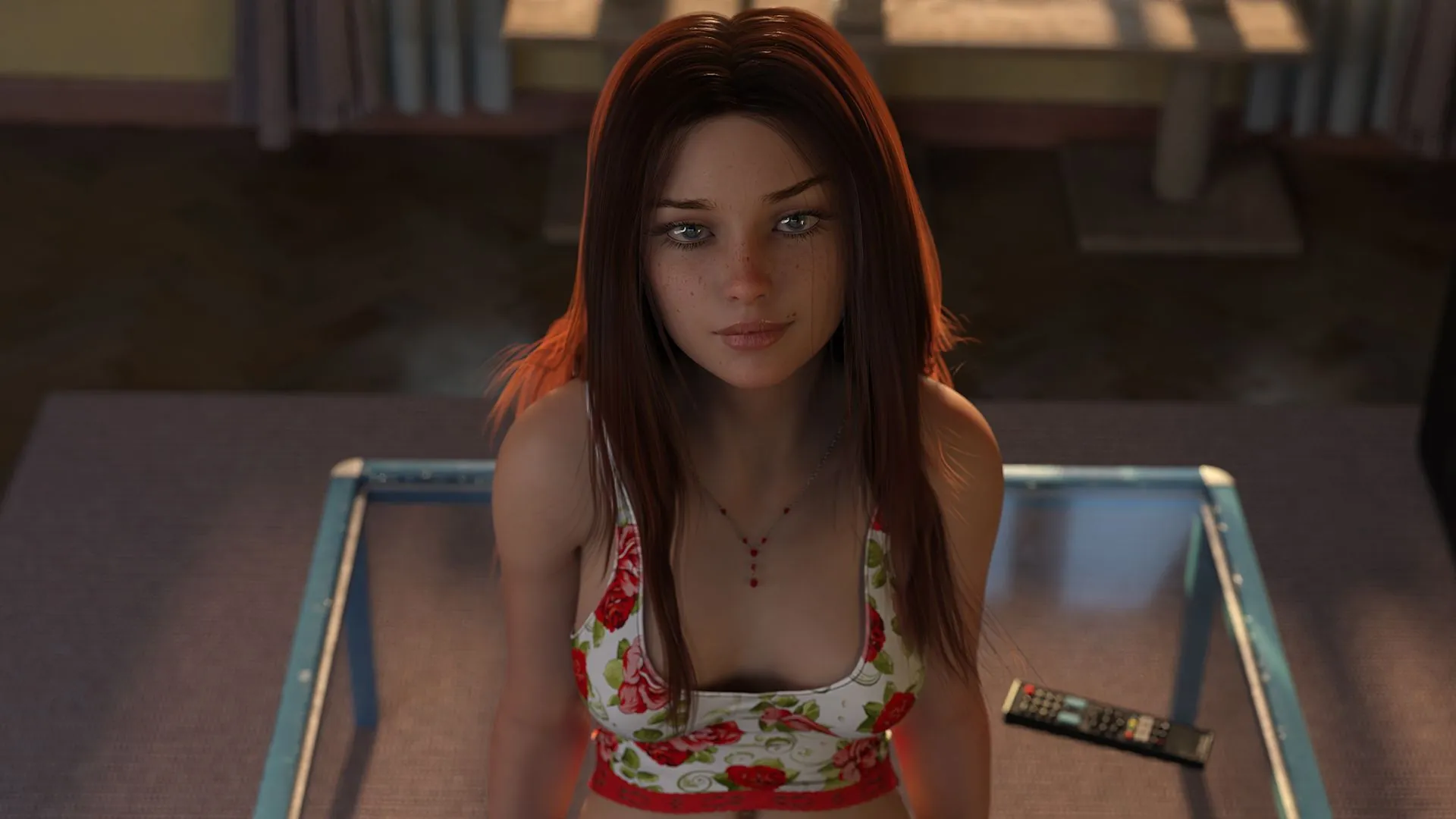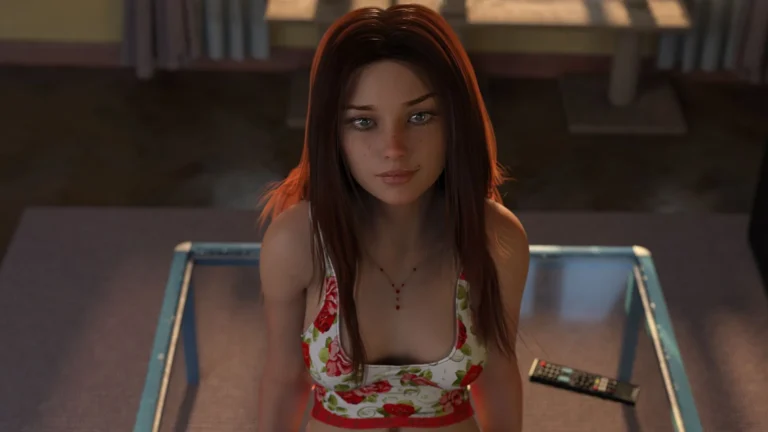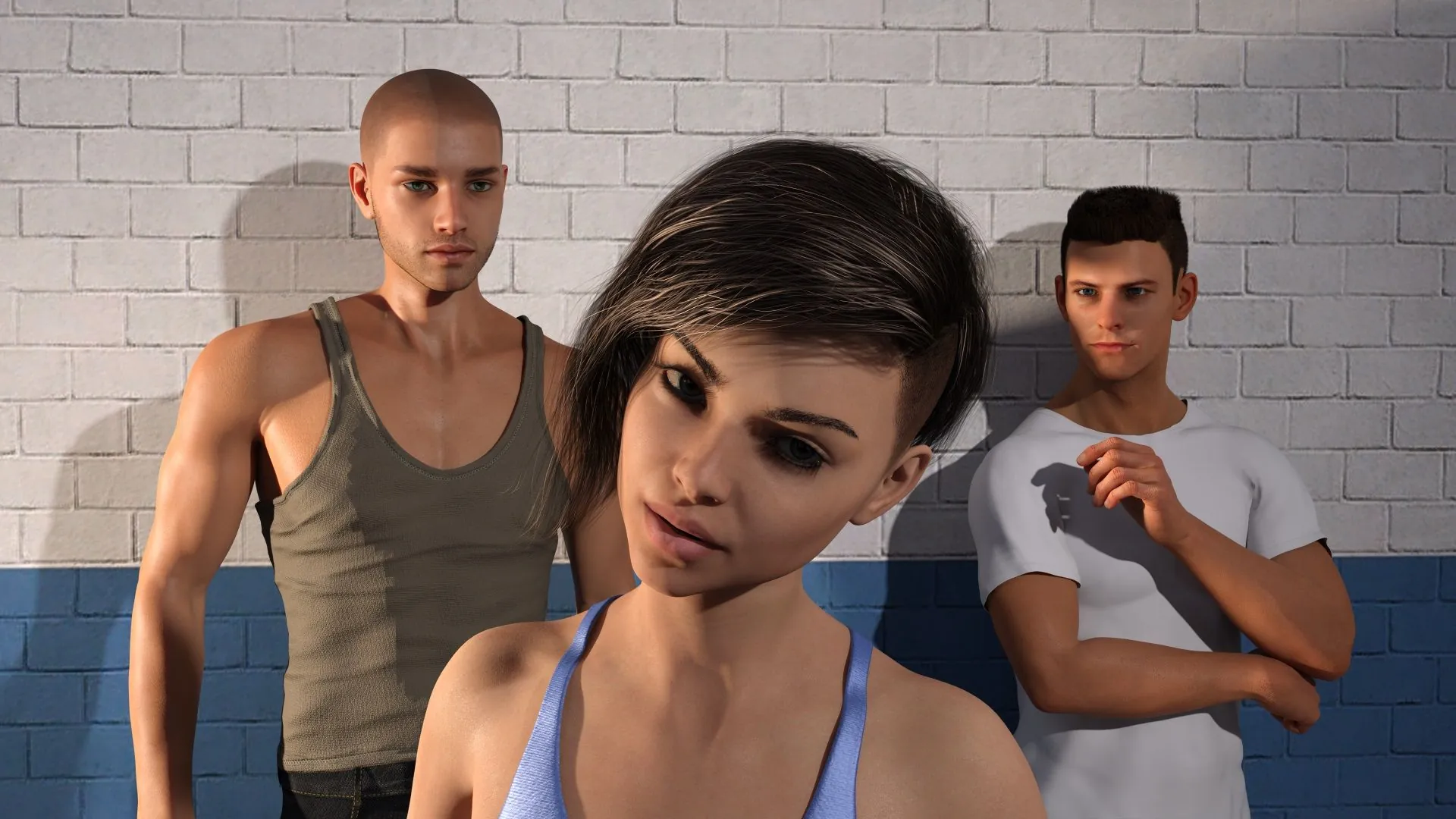
Summer’s Gone
Play Summer’s Gone
Summer’s Gone review
Exploring the Story, Gameplay, and Emotional Journey of Summer’s Gone
Summer’s Gone is a captivating interactive visual novel that invites players into a deeply emotional story of healing, hope, and connection. This game stands out by blending narrative depth with meaningful choices that shape the protagonist’s journey through past struggles toward a brighter future. Whether you’re a fan of story-driven games or looking for a unique experience that touches on personal growth, Summer’s Gone offers an immersive adventure that resonates on many levels.
Discovering Summer’s Gone: Storyline and Themes
Let me tell you about the first time I truly understood what it means to be broken. I wasn’t ready for how a game could hold up a mirror to my own struggles, but that’s exactly what happened when I clicked ‘Start’ on Summer’s Gone. This isn’t just another dating sim or lighthearted story; it’s a profound exploration of the human spirit that left me genuinely changed. 😢
If you’ve ever felt like you’re carrying a weight nobody else can see, then the journey of this interactive story Summer’s Gone offers offers a strange kind of companionship. It dares to ask: what happens after the worst moment of your life? How do you even begin to put the pieces back together?
What is Summer’s Gone About?
At its heart, the Summer’s Gone storyline follows a young man named William, who is, to put it mildly, shattered. We meet him in the devastating aftermath of a loss so profound that it has hollowed him out. He’s not the typical, charismatic visual novel protagonist; he’s withdrawn, emotionally numb, and moving through life like a ghost. The game doesn’t shy away from showing the raw, ugly reality of his grief. He’s failed out of university, his social life is non-existent, and the future looks like an endless, grey expanse.
The central premise is that William is given a chance to return to university, a seemingly simple act that becomes the catalyst for his entire journey. This is where the Summer’s Gone character development truly begins. The game isn’t about a quick fix or a magical cure for his pain. Instead, it’s a slow, meticulous, and often painful process of rebuilding. You, as the player, guide him as he navigates new and old relationships, faces the expectations of the world, and, most importantly, confronts the memories he’s been trying to escape.
The title itself is a brilliant double entendrence. On one level, it refers to the literal season and a person named Summer, whose absence is the source of William’s anguish. 🍂 On a deeper level, it signifies a state of being—the feeling that the warmth, light, and joy of life have departed, leaving only a cold emptiness. The entire Summer’s Gone storyline is built around the question of whether that warmth can ever return.
Key Themes: Healing, Hope, and Love
This is where the game transcends its format and becomes something truly special. The visual novel healing theme isn’t just a backdrop; it’s the very fabric of the experience. Healing here is portrayed not as a straight line, but as a messy, non-linear process with setbacks and small victories.
-
Healing as a Active Process: The game brilliantly shows that healing isn’t passive. It’s about the small choices William makes every day—choosing to attend a class, mustering the courage to speak to someone, or simply deciding to get out of bed. This interactive story Summer’s Gone makes you an active participant in that recovery, which is incredibly powerful.
-
Hope as a Flickering Flame: Hope isn’t presented as a blinding light, but as a fragile, flickering candle in the dark. You see it in the patience of a new friend, the quiet beauty of a well-rendered scene, or a moment of unexpected laughter. This delicate portrayal of hope and love in games feels more authentic and earned than any grandiose declaration. It’s the hope that maybe, just maybe, the pain won’t last forever. ✨
-
Love in Many Forms: While romantic connections are a significant part of the narrative, the game understands that love is multifaceted. It explores the healing power of platonic love, the complicated love of family, and, most crucially, the journey toward self-love and self-forgiveness. William must learn to extend compassion to himself before he can truly accept it from others.
This combination creates a deeply resonant emotional journey game. You aren’t just watching a character heal; you feel every stumble and celebrate every hard-won step forward with him.
How the Narrative Engages Players
The magic of Summer’s Gone lies in how it turns its themes into a tangible, interactive experience. You’re not a passive observer; you are William’s will to move forward. This is achieved through two masterful elements: its narrative structure and the weight of your game narrative choices.
The story unfolds at a deliberate pace, allowing you to sit with William’s emotions and truly absorb the atmosphere. The stunning visual and sound design work in harmony to create an immersive mood that pulls you into his world. You feel the silence of his apartment and the overwhelming noise of a social gathering.
But the true core of the engagement is the agency you’re given. The game narrative choices you make are rarely about “good” or “bad” outcomes. Instead, they reflect different paths of healing. Will William retreat into his shell, or will he take a social risk? Will he confront a painful memory, or will he continue to avoid it?
My Tip: Don’t try to “win” or find a “perfect” path on your first playthrough. The most authentic and rewarding way to experience this emotional journey game is to make choices that feel true to William’s (and your own) emotional state in the moment. The payoff is far more profound.
Let me give you an example from my own playthrough that perfectly illustrates the impact of these decisions.
Example: A Pivotal Choice at the Lake
Early in the story, William is at a lake with a character named Bella. She’s trying to draw him out of his silence, but her methods are… forceful. The situation escalates, and you’re presented with a critical choice.
The Scenario: Bella, frustrated with William’s detachment, pushes him into the lake. He surfaces, shocked and cold. This is a moment of high tension. How does William respond?
Here are the options I faced and their narrative consequences:
| Your Choice | Immediate Reaction | Long-term Impact on Relationship |
|---|---|---|
| Get angry and shout at her. | William releases pent-up frustration. Bella is taken aback but stands her ground. The scene ends in a heated argument. | This creates a rocky, confrontational dynamic. It sets a precedent for honesty, but it’s a brutal, raw honesty that takes time to mature into trust. It feels like two wounded people clashing. |
| Shut down completely and walk away. | William internalizes the shock and humiliation. He says nothing, gets out of the water, and leaves Bella standing there alone. | This reinforces William’s walls and pushes Bella away. It feels safe for William in the short term, but it stalls any potential connection and deepens his isolation. The path to reconciliation becomes much longer. |
I chose to get angry. 😠 And in that moment, it was cathartic. But the game didn’t reward me with an instant connection. Instead, it created a complex, difficult relationship with Bella that we had to work hard to repair. It felt real. It showed me that healing involves conflict and that rebuilding trust is a process. This is the genius of the Summer’s Gone storyline—your decisions have emotional weight, not just plot consequences.
This level of depth in the game narrative choices ensures that your emotional journey game is uniquely yours. You’re not just selecting dialogue options; you’re shaping William’s personality and his path toward healing moment by moment. You become invested not just in the “what” of the story, but in the “how” and “why” of his recovery.
Ultimately, discovering Summer’s Gone is about giving yourself permission to engage with a story that is unafraid of darkness, because it believes so fiercely in the light that can follow. It’s a testament to the power of hope and love in games, and a Summer’s Gone storyline you will carry with you long after the final scene fades to black. 💖
Summer’s Gone offers a unique and heartfelt experience that combines rich storytelling with interactive gameplay. Its focus on themes like healing and hope creates a memorable journey that resonates well beyond the screen. Whether you enjoy narrative-driven games or are looking for a story that explores emotional depth, Summer’s Gone is a compelling choice. Dive in and discover how your choices shape a path toward happiness and connection.



















